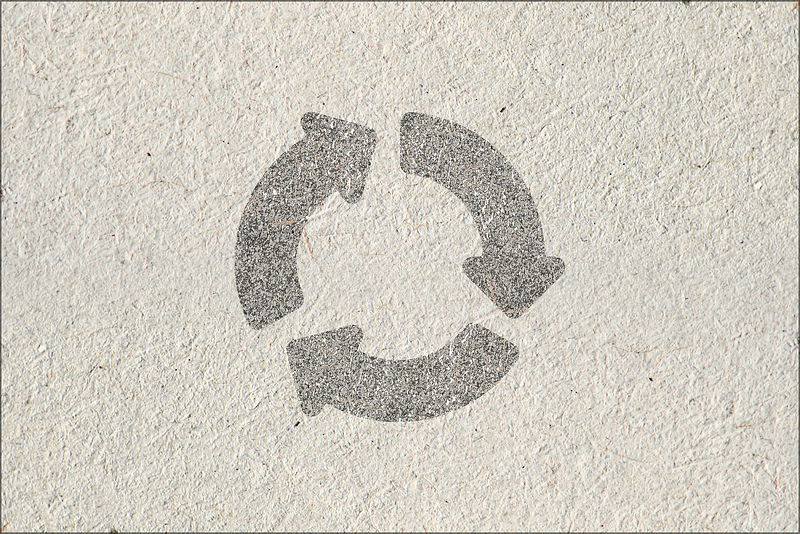What Happens To All The Obsolete Technology?

Greetings friends!
Manufacturers of consumer goods have it tough. In today’s era of rapid technological development, they feel tremendous pressure to regularly introduce new products.
As consumers, we’ve grown used to the idea that every year our gadgets are going to get significantly better. So much so that we feel compelled to buy the latest iteration.
Did you ever wonder what happens to all the stuff that just yesterday was expensive, exclusive, and state-of-the-art but suddenly has become obsolete?
I had this thought after reading some surprisingly captivating articles about camera lenses. The author picks up old lenses in thrift stores for a fraction of their original cost. Many of them were engineering masterpieces when made, but to all but a few eyes, they are now considered little more than clunky scrap.
Does last year’s car become worthless upon this year’s model announcement? Certainly not, but it is less desirable and consequently loses value immediately. Now consider last year’s phone, sports watch, or computer.
It seems clear the consumer goods business model is to make the current product desirable at the expense of the prior models.
Where does all the old tech go?
The answer will vary depending on where in the world you live. I see this dynamic playing out in wealthy countries like the U.S. and Switzerland, and I tell you the waste is staggering.
- Sometimes you can trade in a relatively recent electronic product in the process of buying a new one (a phone or tablet, say)
- Often, the hassle involved in the exchange is burdensome enough that it is easier to simply destroy a perfectly good product to avoid your data falling into the hands of a hacker.
Take a hammer to an old iPad, or a screwdriver to that hard drive you so laboriously removed from the computer case? Sadly, all too often.

When I was cleaning out a household in Switzerland recently (see Europe on $2,500 a Day), I wrote about how having an abundance of stuff can create its own weight. What I left out of that story was what we experienced when pruning ourselves of those possessions: you can’t give away perfectly good things in many cases.
- The Swiss donate so many things that charities are overwhelmed. They will ruthlessly decline to take your goods if they’re not new enough or valuable enough. So you often pay the charity to cart away your surplus items.
- Alternatively, you can bring your unwanted goods to the recycling and trash facility. If they are not fully recyclable, however, you’ll pay to have them incinerated.
Electronics are mostly recyclable, and you’ll see boxcars of computers, crates of abandoned monitors, and veritable snake pits of tangled cables. Most of them are only a few years old and perfectly functional.

Does this happen in your country? If not, what happens to unwanted electronics?
What is a sensible consumer to do?
Is it common sense to say the following things?
- Maybe don’t buy so much in the first instance. Questioning our buying habits is the best way to avoid inadvertent overconsumption.
- Buy high-quality items that will last as long as you can imagine needing them. This is admittedly hard with electronics, which raises interesting questions, doesn’t it?
- Keep what we buy for so long as it works. Most new products represent only incremental improvement. Sellers exaggerate what’s changed for their benefit, not ours, tricking us into upgrading more quickly.
- Upgrade or replace products on your own schedule, not because a manufacturer wants to hit a quarterly sales target.
Non-sensible approaches for future-thinking entrepreneurs
Just like the fantastic camera lenses some hobbyists now collect can be had for a fraction of both their original prices and (in enthusiasts’ eyes, anyway) current value, perhaps there is future value in today’s unwanted electronics.
There’s already a multi-billion dollar business in recycling batteries from electric cars only a few years old. The value lies in reclaiming expensive components to make new batteries.
- Become a consumer goods recycler. There’s gold and silver and all sorts of expensive materials in electronics. Also, hazardous materials. Wholesale recycling is not for the faint of heart or light of wallet, but someone is going to make a fortune off today’s electronic trash.
- Build inventory for tomorrow’s enthusiast collectors. You can sell some early-model Macintosh computers for six figures. Is it possible some of the phones, watches, and computers available today for pennies will become tomorrow’s collectors’ items?
- Obtain raw materials for your avant-garde art projects. Imagine a major art installation, not from steel or other unwieldy materials, but from hundreds of iPhones you’ve spot-glued together. What better way to reflect the fleeting nature of our attention-addled era than by showcasing yesterday’s neglected castoffs?

In closing
In philosophy as in life, much value comes from seeing a situation from a fresh perspective. I hope I’ve given you something to reflect upon regarding humanity’s rapidly evolving relationship with its electronic gadgets.
What are you going to do with all your obsolete devices?
Be well.
Make sure to get the Klugne newsletter every Friday. Subscribe to stay up to date.






Member discussion